How to Treat Insomnia, Naturally
Published March 3 2021, 12:02 p.m. ET
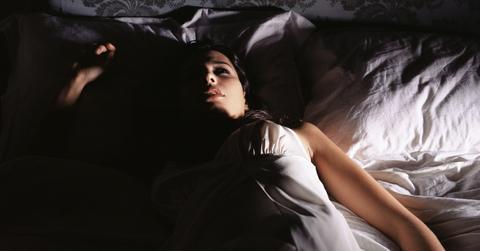
Being tired but unable to fall asleep is a terrible feeling, and it’s one that many Americans have to deal with every day. According to the CDC, one in three adults doesn’t get enough sleep. Insomnia affects adolescents, adults, and the elderly. Its root causes are many, but thankfully there are a number of non-invasive, effective remedies that can help to treat insomnia, naturally.
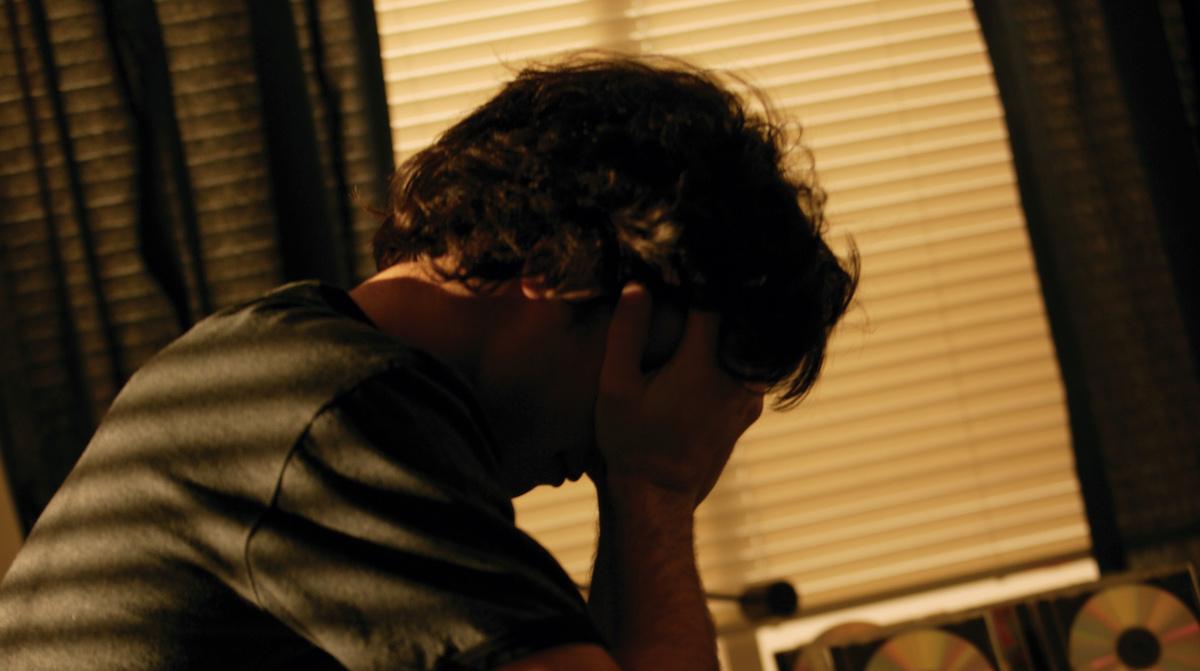
How to treat insomnia, naturally:
Though the treatments listed below aren’t guaranteed to relieve insomnia, they may ease your symptoms or allow you to relax enough to fall asleep. As with any natural remedies, these suggestions are not meant to be a replacement for actual medical or psychiatric care. If your insomnia persists or you feel unsure, please consult your doctor.
Yoga
Yoga is a type of meditative exercise. Its spiritual origins in Indian philosophy describe it as a type of harmonious mix of healing for the mind, body, and spirit. So it should come as no surprise that activity as healthy and relaxing as yoga might prove helpful in treating insomnia. According to Healthline, yoga has been found to improve the quality of one’s sleep and there is ample scientific evidence that both yoga and tai chi can relieve insomnia to some degree.
If you’re looking to try yoga, choose a style that is more meditative and less physically demanding. Restorative yoga, for example, will likely prove more effective in centering your thoughts and regulating your tilted circadian rhythm than something that’s going to make you feel sore the next day.
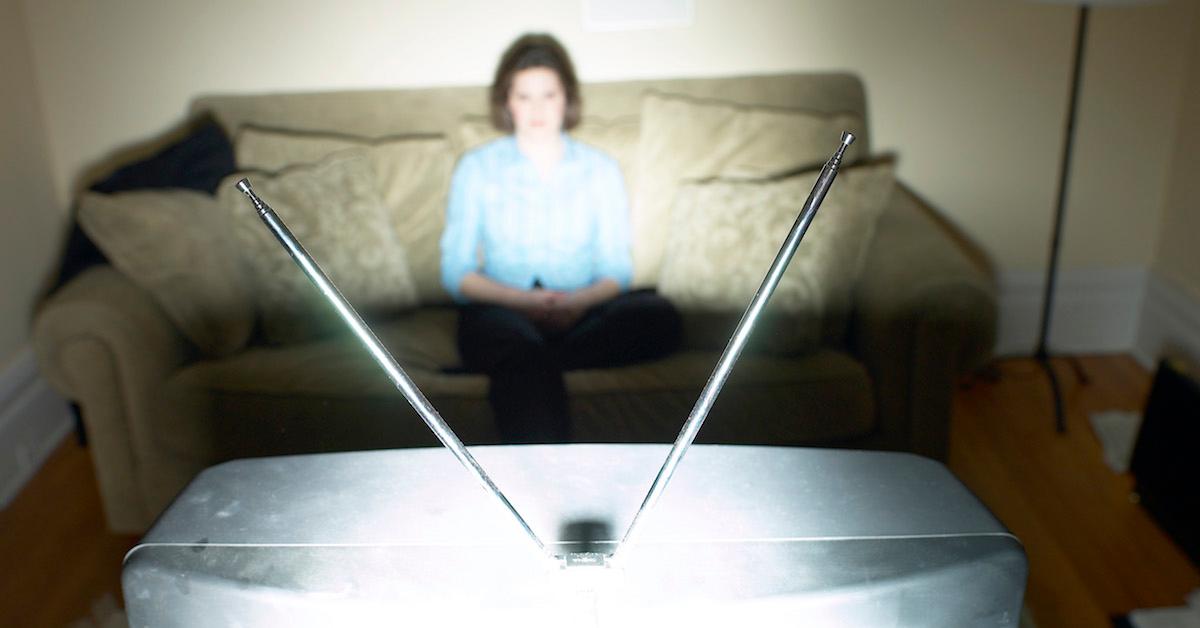
Exercise
Even if you don’t do hot yoga, there is ample evidence that any kind of exercise can help with insomnia. Exercise can help with managing weight, depression, and anxiety. It’s good for creating better homeostasis in the body and raises endorphins. According to a 2015 study, those who exercised for at least 150 minutes per week for six months experienced a significant reduction in their insomnia.
Unless you’re used to exercising already, start small. Too much all at once might lead to physical injury, which could make the problem worse. Try to engage in moderate exercise for at least 20 minutes per day at first. You might find that doing so has a positive effect on many aspects of your health.
Acupuncture
Acupuncture is an ancient form of healing that can help quiet the mind and decrease emotional stress. According to Sharp, it has also been known to affect physical changes in the body, increase the release of natural hormones like melatonin and serotonin. Research has shown both acupuncture and acupressure as reasonable treatments for insomnia, though the evidence from separate studies has been met with mixed results.
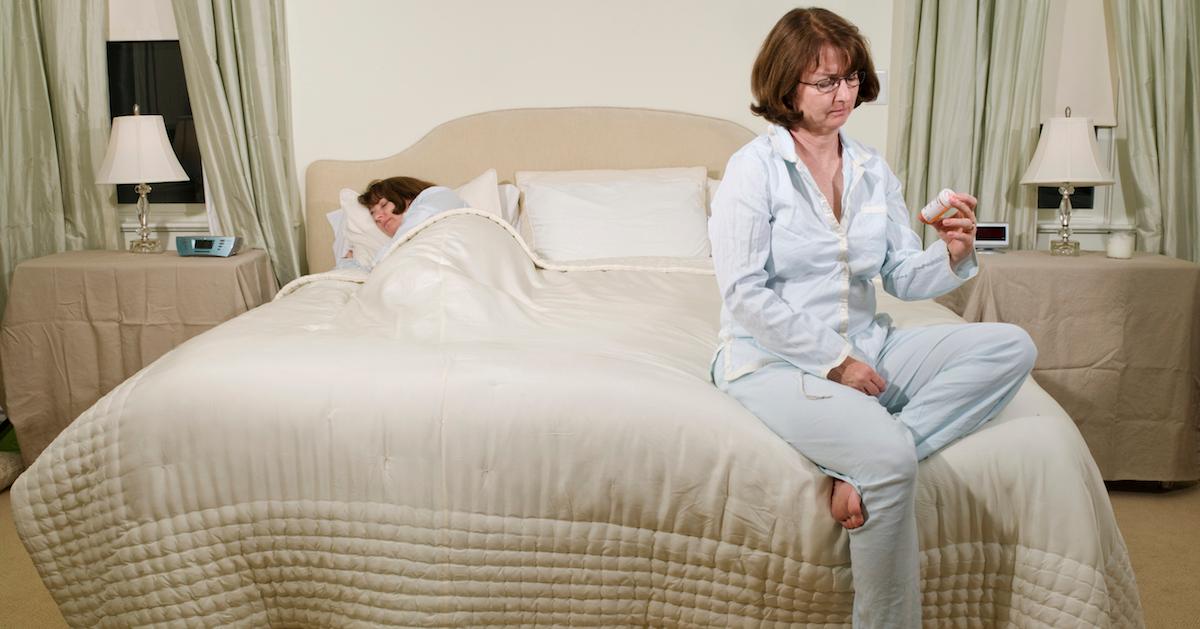
Hypnosis
Hypnosis might sound like hokum to some people, but there is evidence that this type of suggestible state allows one to hone in on the problems that might be causing insomnia to begin with, and subsequently combat them. Hypnosis techniques that use cognitive behavioral therapy have shown progress; unfortunately, the studies that link hypnosis and insomnia are not as conclusive as some other remedies.
Lavender
Lavender is a flower with a million uses. It can reduce pain, improve mood, and perhaps most importantly, it can make you sleepy. Lavender isn’t a “drug” by any means. It isn’t melatonin or some other vitamin supplement, it’s just a flower that research has proven to be effective at improving overall sleep patterns. That said, one 2014 study concluded that combining lavender capsules with a prescribed antidepressant was quite helpful at reducing the effects of insomnia.
You don't need to take lavender in order to take advantage of its relaxing effect. Some people even put lavender sachets near their pillows so that the scent can relax and soothe them as they fall asleep.
Do not take lavender, melatonin, or any other supplement without first contacting your doctor. Lavender might be fragrant, but that doesn’t mean that you can’t be allergic to it. On top of that, if we already know it works with one particular type of antidepressant, there’s no telling how it might interact with other oral medications. Always err on the side of caution when introducing new supplements into your routine.
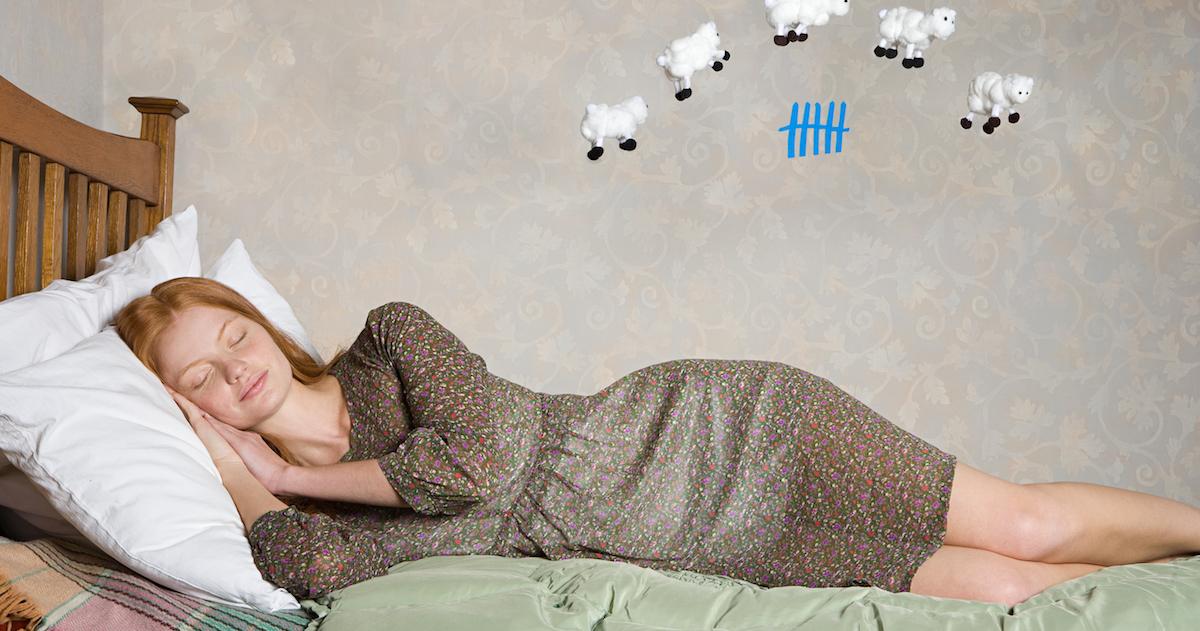
Practice sleep hygiene
According to One Medical, a great way to minimize the effects of insomnia is to practice something called sleep hygiene. Practicing good sleep hygiene means sticking to a regular sleep schedule and routine, engaging in nominal exercise, trying meditative relaxation techniques, and avoiding cell phones, TV, and other such activities before bed. Good sleep starts with cultivating good habits before bedtime.